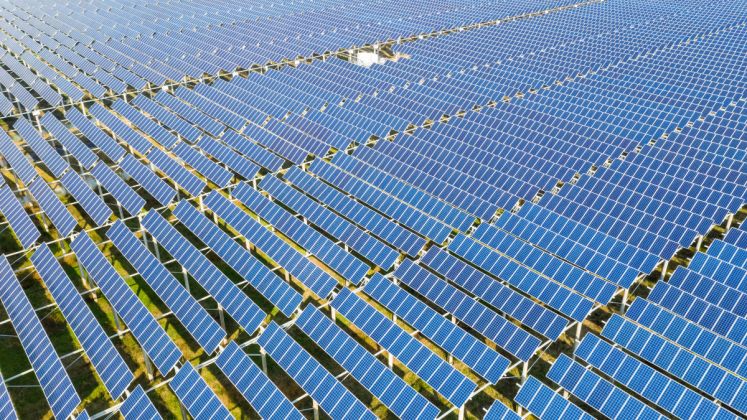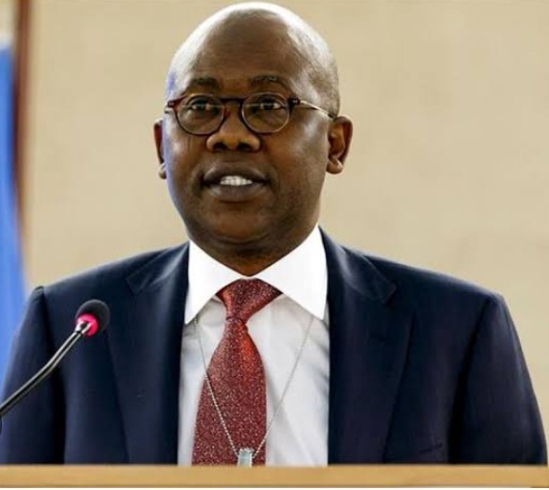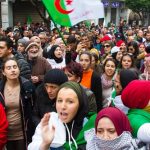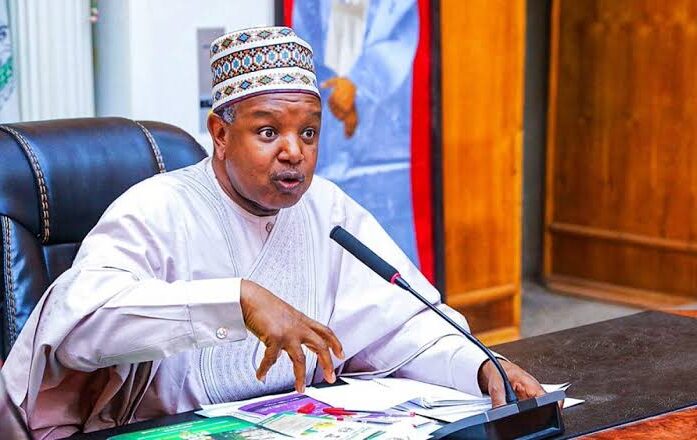Political turmoil is unsettling Algeria’s energy sector and its IOC investors
Algeria’s energy sector finds itself in the firing line once more. Following the ousting of president Abdelaziz Bouteflika after mass street protests, the boss of state energy giant Sonatrach has been sacked and prosecutors are re-opening corruption investigations into the company.
The sacking, and the decision to revisit a bribery investigation that stalked Algeria for a decade, has left international oil companies (IOCs) wondering how much of Sonatrach’s promised reform programme can survive.
Barely had the ailing and reclusive 82-year-old president bowed to two months of protests and stepped down on 2 April than army chief of staff Lieutenant General Said Salah announced judges would open the books again on Sonatrach, which controls 80pc of Algeria’s oil and gas industry. Then, on April 23, interim president Abdelkader Bensalah announced that the company’s CEO Abdelmoumen Ould Kaddour had been fired. No reason for the dismissal was given, but Kaddour was close to Bouteflika and appears to have been caught up in a widening purge of regime figures.
“The military prosecutor’s announcement to re-open the Sonatrach investigation has put the cat amongst the pigeons,” says John Hamilton, director of Cross Border Information, a London-based energy consultancy. “Sonatrach was only just getting its act together after a rolling witch hunt. If you are an IOC looking at this, you are thinking ‘I thought there was going to be a law with better terms and a more conducive business environment and stability. None of this has happened.'”
Sonatrach’s bribery scandals involved investigations on three continents and tore the company apart. Algeria jailed a former CEO, three former vice presidents and more than a dozen senior staff. Abroad, US prosecutors seized luxury apartments in New York, and an Italian trial saw the jailing last September of the former chief executive of oil services firm Saipem on multi-million-dollar bribery charges involving Sonatrach.
The network of bribes and facilitation fees, running into hundreds of millions of dollars, was revealed by the Panama Papers leak of documents, and related to hidden offshore companies at the start of the decade. Trials in Algeria and Italy revealed a sometimes colourful array of characters, one nicknamed Mr Three Percent, a reference to the price for his services he had scrawled on a napkin in a luxury hotel.
Re-opening the case will be popular among the millions of protestors who thronged the streets Algerian cities complaining of corruption among a regime of competing factions, dubbed Le Pouvoir-the Power. This collection of military, business and political figures has ruled since independence from France in 1962, but has fractured with the arrival of Algeria’s version of the Arab Spring revolutions that tore through other north African countries at the start of the decade.
For the army, reopening the investigation is politically astute: the generals, despite being part of the Le Pouvoir, have played midwife to Algeria’s street revolution. Troops were kept in barracks, rather than sent to confront the protestors, and insisted on Bouteflika stepping down. Now the generals will hope to escape the demand for purges.
Reform 2030?
The coming investigation is likely to leave Algeria’s already stalled oil and gas reform programme in doubt. The impetus for Sonatrach’s reform was born of desperation. Algeria functions as a rentier state. At least until the protests, Le Pouvoir ran the country, but ensured sufficient oil and gas revenues flowed to the population in the form of subsidies for food, energy and housing. But oil and gas income is shrinking and the population is growing.
Algeria actually had record gas output, which jumped from 132.2bn m³/yr to 141bn m³/yr under Kaddour’s two-year tenure. The problem is that domestic gas demand is growing at 4.5pc p.a. from a population now numbering 41mn and set to hit 50mn by 2030. This demand means the gas used domestically, and subsidised, is now 41bn m³/yr, leaving 54bn m³/yr for export, the latter figure falling 0.7pc each year.
Inefficiencies and depleted wells have seen oil output shrink from 1.7mn bl/d in 2018 to 1.1mn bl/d today, according to World Bank figures.
The former regime, fearing street protests that have now, in fact, come about, reacted to falling oil prices after 2014 by using foreign reserves to keep most of the subsidy system intact. That saw foreign reserves fall from $194bn in 2013 to a projected $60bn by 2018.
With hydrocarbons making up 95pc of export revenues, the former regime’s solution was to try to find more of the stuff. Hence in March last year, Kaddour announced Reform 2030, a bold, some would say fanciful, programme to invest $9bn in 400 oil and gas wells as part of a drive to create $67bn extra hydrocarbons income by 2030.

Oil and gas aplenty
Reform 2030 brochures highlight Algeria’s vast oil and gas potential. It already holds the 10th largest gas reserves in the world, and the 16th largest oil reservefs. More than two-thirds of the country-the largest in Africa-has yet to be explored by new-generation technology. The problem, of course, is finance, technology and expertise. Only IOCs can provide that, and for now they are staying away.
IOC disenchantment with Algeria is partly due to high levels of corruption, red tape and inefficiency in its hydrocarbons sector. Partly it also comes from restrictive laws enacted by the former regime in recent years. IOCs are not allowed to own more than 49pc of any joint venture with Sonatrach, with foreign executives complaining that this means they pump resources into ventures they cannot control.
Parliament question mark
Then there is a windfall tax, under which IOCs have to hand over extra tax if oil prices jump above a certain level. And, finally, there is a law requiring them to re-invest savings from tax breaks into local businesses, rather than repatriate them. IOC disenchantment is highlighted when Algeria puts exploration blocks up for auction. In 2010 only two of 11 blocks were bought, and a second auction in 2014 saw only four of 31 blocks taken.
Kaddour’s solution was a draft hydrocarbons law aimed at sweeping away the old restrictions. But parliament, riven by factionalism, failed to pass it last June and it has since been kicked into the long grass. Kaddour’s exit, the seventh departure of a Sonatrach CEO in eleven years, means for the moment all bets are off.
The recent political upheavals, meanwhile, have seen Sonatrach throttle back from and even pull out of foreign investment deals. Greek officials say Sonatrach has withdrawn a bid it made, along with trader Vitol, to buy Greece’s biggest oil refiner, Hellenic Petroleum. A proposed trading joint venture, for which it was poised to choose a partner from firms including Eni, Total and Vitol, may also be delayed.
And the political turmoil may not be over. The toppling of Bouteflika will see delayed elections take place in July. There is no way of knowing the complexion of any new parliament and its attitude to IOCs.
Yet there are also grounds for optimism. Opposition parties and the protestors themselves are presumably as keen as the former regime to raise oil and gas income. One executive at a Western oil services firm says his company expects Algeria’s hunger to increase output will see new contracts in the medium term, whatever the short-term turbulence.
Source: Petroleum Economist









п»їExceptional service every time!
buy generic lisinopril prices
A game-changer for those needing international medication access.
Leading with compassion on a global scale.
can i get cheap cipro no prescription
Delivering worldwide standards with every prescription.
They take the hassle out of international prescription transfers.
can you buy lisinopril tablets
Definitive journal of drugs and therapeutics.
Always stocked with the best brands.
gabapentin cause itching
An unmatched titan in the world of international pharmacies.
The best place for quality health products.
where to buy clomid pill
Always greeted with warmth and professionalism.